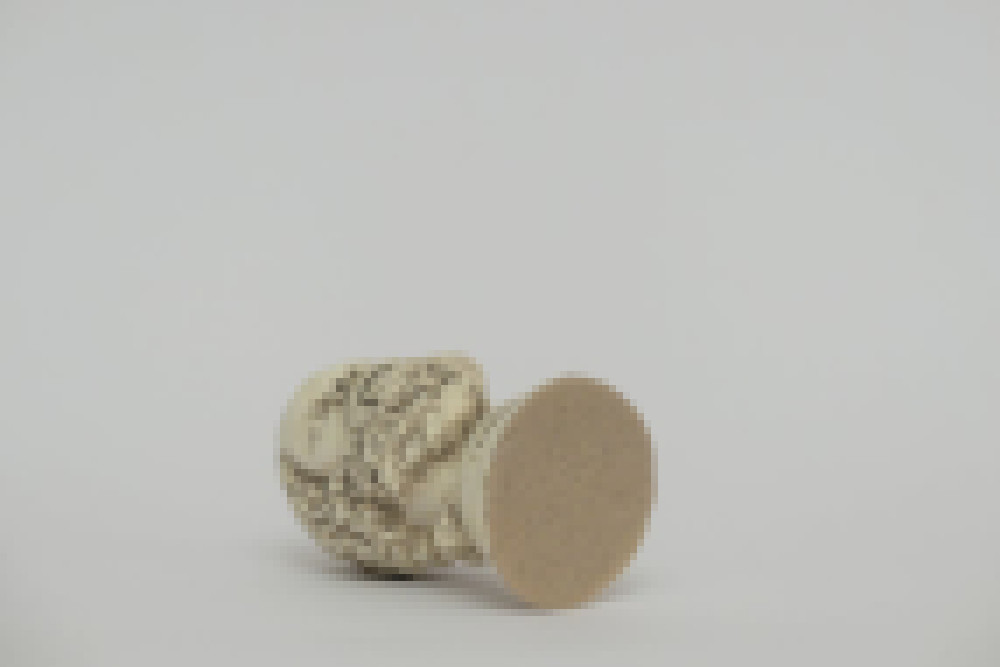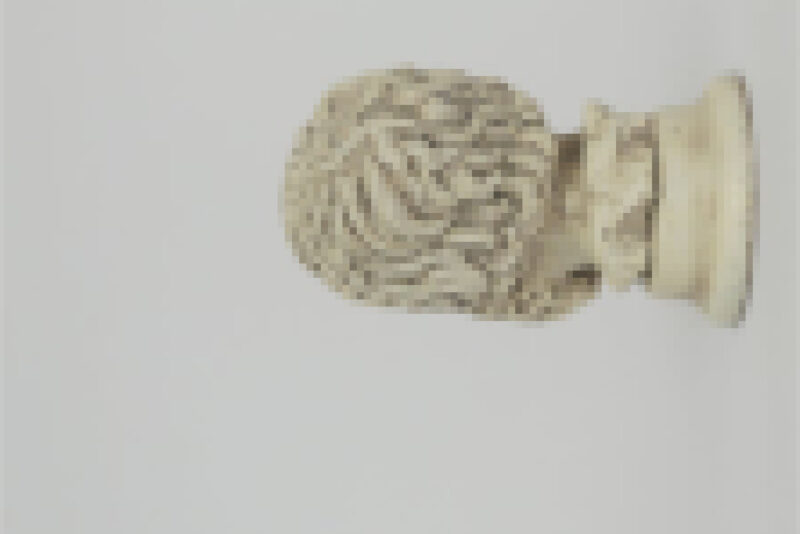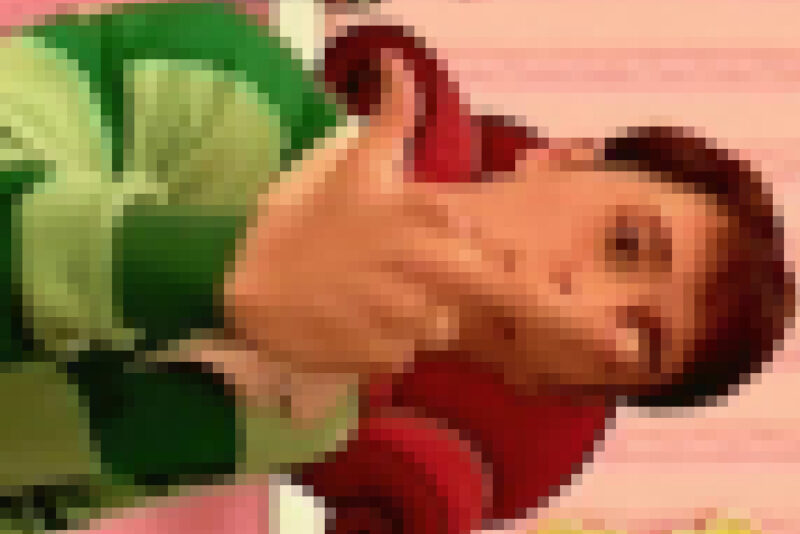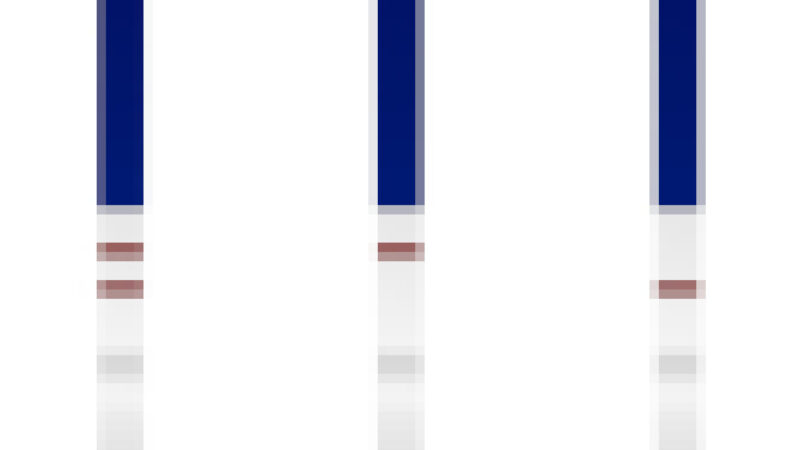April 15, 2021
Let’s begin with a wrong question, apply some rigor and right it. In questioning the question, we sharpen it. In sharpening it, we discover what can be done with the right questions, and how to unearth righter ones.
“Why are we here?”
A fine question for certain—it’s nagging, enduring, haunting. It’s stood the test of time. It’ll make your friends sigh at a party, or cry during a mental break. In four of the simplest English words the entire universe is torn asunder. Consider its four parts, and their simple elegance, respectively: the interrogative (why), the verb of being (are), the subject (we), and this final, curious modifier (here).
The question wants for nothing. Together, the words capture how weird it is to exist—“weird” being the operative term. When something shows up that does not fit, we call it “weird.” Weird things do not belong. They do not fit into prescribed terms for what should and should not be. They upset the ontologies we bring with us to the event. They wrinkle the patterns with which our perceptions are primed. Weird is the rock hidden in the soil to still blunt the spade of our consciousness despite that we have swung it millions of times at the cold, hard earth already.
So, in search of the right question—and to explore what we can do with it—let’s question the question. And let us see if we can sharpen the spade and cut through the earth with it.
What does this question do?
Like a child, why? Why are we? Why do we exist? What is the meaning of existence? It coaxes us to discern meaning that will distill the reason for our earth-bound existence into an easily digestible gelcap. The interrogative “why” orients the question toward the supremacy and power of meaning-making. With these questions we gesture towards the virility of ideologies, theologies, mythologies to frame and gild our sense of presence in the scene of life. So it continues to press like a child on the bruises in the underbelly of our otherwise neatly adopted enclosure around life. The why of our being, in all its enduring and elusive ubiquity, ducks and dodges answers and definition despite our relentless prying. The question is used to seek a sure answer in fixed, stable forms of meaning and purpose.
But now the question has persisted and become its own undoing. Meaning and purpose diffuses before us, fluid plastic dispersing into zero-gravity. To liberate ourselves from the calcified prisons of the old ontological enclosures, we smashed them to pieces from the inside. Now, all the hard bits float alongside, shell fragments in the semiopaque albumen of a broken egg.
“Why are we here?”
Once a question that lit heavenly fire under philosophers and seekers, now it sits and mocks them. The only person this question mocks more than the asker, is the one stupid enough to attempt an answer. Reach out to touch and the loose bits move out and away. Once again: wrong questions, stupid answers.
But there is an opening in this question itself.
For me, “why” is not the operative term. This interrogative of meaning fails to convey from which end of the question the ghost haunts us. The question haunts us not from the “why.” “Meaning” does not mean anything for us any longer. We’ve turned it over, meaning over meaning and once more in soft and rigid sheets to the point of bedlam and exhaustion. The plasticity of meaning continues to laminate endlessly under the weight of our hands. I don’t suspect we will ever again compress it into idol diamondiferous enough to suffice for worship.
The operative term in this question is the curious modifier: here.
To be is to exist in a certain way, in a certain place. (For those wondering, I follow Heidegger’s central premise, that a being is Da-sein, that is, the being-there). It does not seem, however, that either we, or the earth, belong here the way we are.
The earth is weird.
Existence is weird.
We do not belong here.
So how can we expect to begin answering the question “why are we here?” when we do not know where we are?
And so the question is sharpened: not “why are we?” Rather: where are we?
Here. Here we are—our home on earth, this universe, watching the walls of existence fold in horizons beyond the setting and rising suns and out beyond the sidereal black edge of the night. We are here, landlocked on a wet rock in the middle of a lugubrious cosmos. We stand, sit and walk, bipeds, open peripatetic beings perambulating around entertaining questions lacking answers though we know no answers to confirm whether or not we’ve ever satisfied our starting questions.
So we learn to use the questions like a child, as tools to guide us through the exploratory project of life. It’s important that we learn to ask the right questions, because with the right questions we can build a house lacking even sand or rock.
With the right questions we can yet untie the tangled, torrential plaiting of space and time.
With the right questions we can chart paths into new unexplored territories, carving lines and impossible steppes into the topography still billowing above us in the wispy clouds of life and thought.
With the right questions we can coax others through openings in the existing ontologies towards new loves and increase these loves still.
With the right questions we can be held and hold each other in the dark even when we don’t know where we’re going, with the night in front and the light behind.
With the right questions we can fashion homes in which to dwell amidst our new zero-gravity flow of being.
So once more, the right question: where are we?
And what can we do with this right question? Make a new home out of our weird, musty rock—“project human being,” here on spaceship earth.




